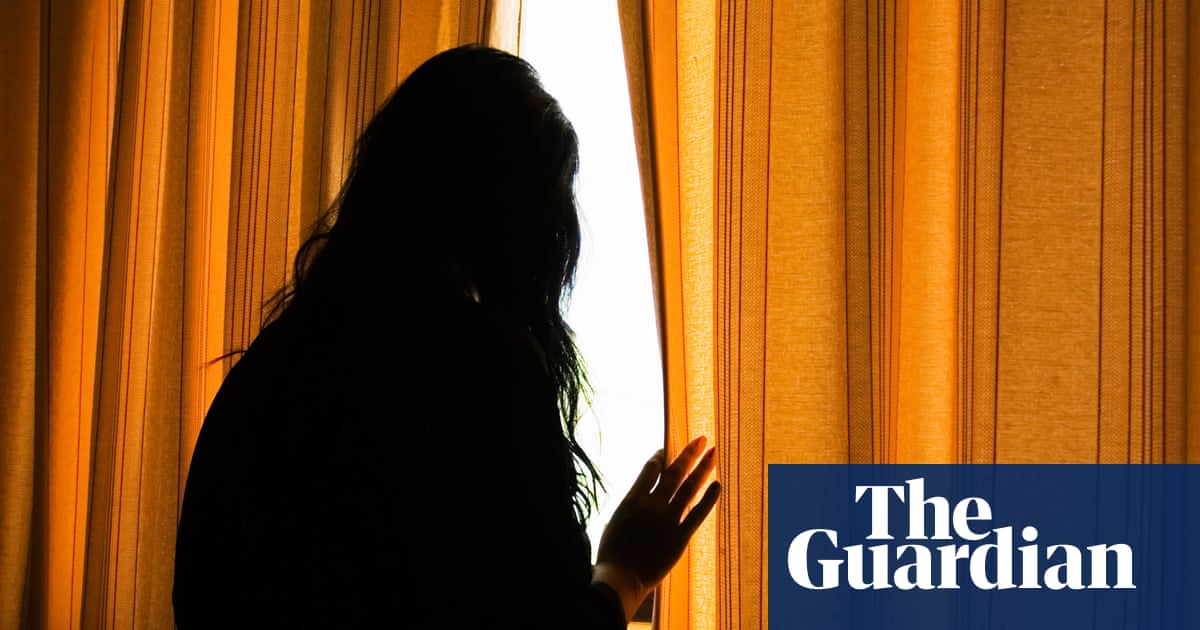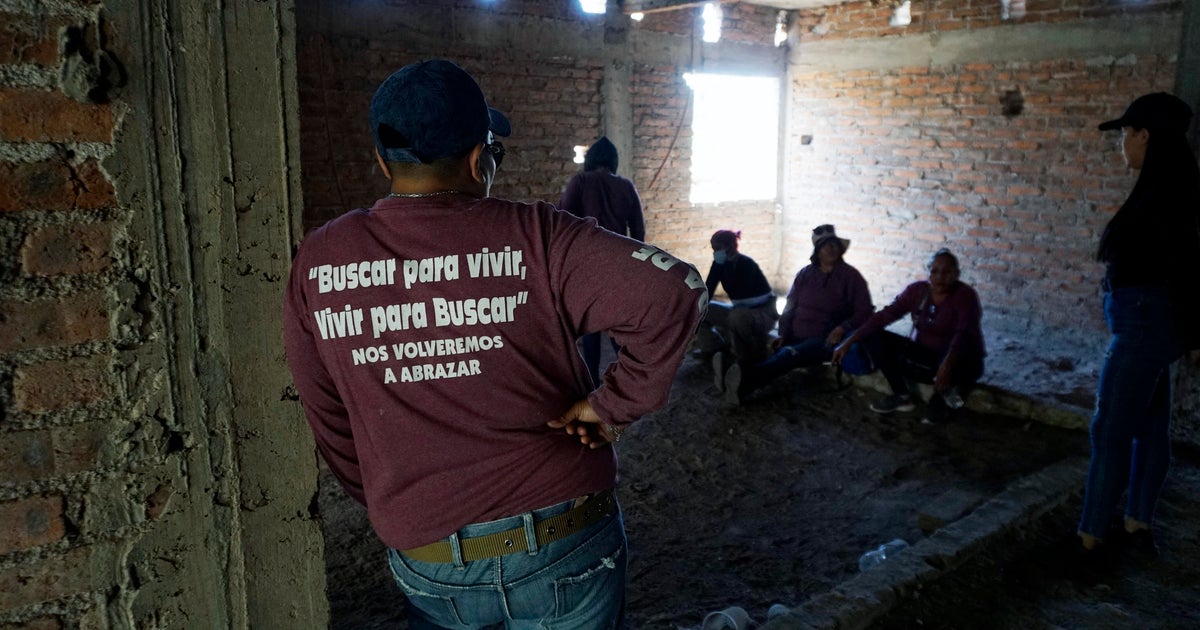How a Hidden Camera Unleashed a Shocking Scandal: The Dark Side of Digital Privacy in China!

What would you do if you discovered a hidden camera in your own bedroom? That’s exactly what happened to Ming, and her shocking discovery led her down a nightmarish path she could never have anticipated.
Ming’s initial reaction was one of hope. She wondered if her boyfriend had placed the camera there to capture their joyful moments together. But that flicker of optimism was quickly extinguished when she uncovered the horrifying truth: her boyfriend had been secretly taking sexually exploitative photos of her, her friends, and countless other women. To make matters worse, he used advanced AI technology to create pornographic images without their consent.
When Ming confronted him, he was filled with remorse, begging for forgiveness. But her rejection of his pleas ignited a wave of anger within him, as she later recounted to Jimu News.
Ming’s story is not an isolated incident; it reflects a growing epidemic in China where women are covertly photographed and filmed in both public and private spaces. Pinhole cameras disguised as everyday objects have become tools for voyeurs, and these exploitative images are shared and sold online without the victims’ consent.
The scandal has sent shockwaves throughout China, raising critical questions about the government’s commitment to addressing such alarming behavior. A notorious group on Telegram, dubbed the “MaskPark tree hole forum,” reportedly boasted over 100,000 members, mostly male, highlighting the alarming scale of this underground network.
Li Maizi, a prominent feminist now living in New York, spoke with the Guardian, stating that the MaskPark incident underscores the extreme vulnerability of women in digital spaces. “What’s even more disturbing,” she added, “is the fact that many perpetrators are known to their victims—partners, boyfriends, even fathers—exploiting trust to commit such acts.”
Chinese social media erupted in outrage over the incident, igniting discussions about combating online harassment in a society where the government primarily focuses on censorship of politically sensitive information. Eric Liu, a former content moderator at Weibo, pointed out the blatant censorship that has stifled discussions surrounding the MaskPark incident, saying, “If the Chinese government wanted to shut down the groups, they definitely could.”
Though existing laws in China impose penalties for distributing pornographic content and photographing individuals without consent, advocates argue that the legal framework is inadequate. Victims often face the overwhelming burden of proving their cases, which can be particularly challenging for online crimes. Xirui, a lawyer specializing in gender-based harm, explained that the current laws require specific elements to be met, complicating the process for victims seeking justice.
Moreover, the statute of limitations for public security cases is a mere six months, leaving many victims without recourse once that window closes. Many victims are also hindered by feelings of shame, preventing them from coming forward.
“I’ve encountered cases where landlords install cameras to spy on female tenants," Xirui shared. "Unfortunately, these incidents are often treated as mere privacy violations.”
To tackle this pervasive issue, experts suggest the government implement specialized legislation, enhance gender-based training for law enforcement, and encourage courts to offer more comprehensive guidance on relevant cases.
Li Maizi emphasized that the incident reveals a disturbing tolerance for abuse in China. She lamented that instead of focusing on protecting women from digital exploitation, authorities are more concerned with suppressing voices that challenge the status quo. “With the rise of deepfake technologies and the rapid online circulation of surreptitiously filmed content, women’s bodies are being digitally exploited at an alarming rate,” she warned. “But if the government is truly committed to change and allocates the necessary resources, tracing and prosecuting these crimes is entirely possible. We must hold the Chinese government accountable.”


























